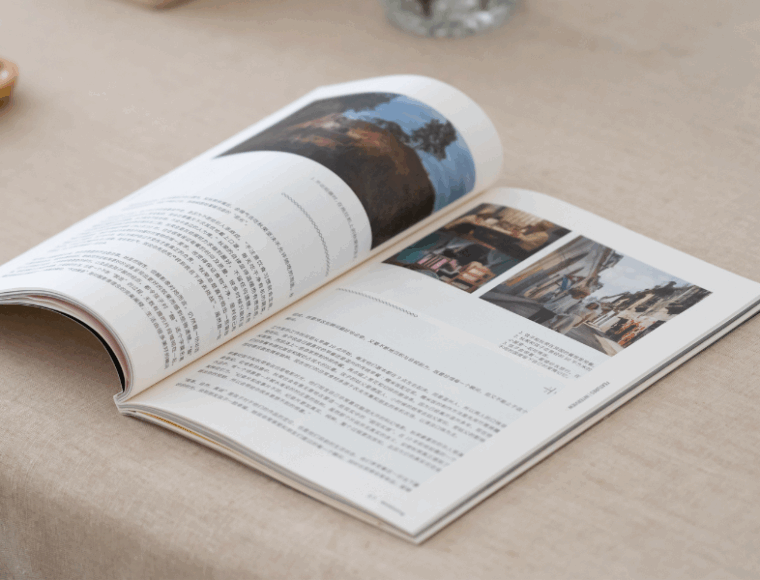


Browse Our Newsletter
Healing Systems, Not Just People: Healing Health Inequalities
Read more

Earlier this month, Andrew, one of our residents at our Complex Needs Services in West London, took to the stage at the Drink and Drug News (DDN) Conference in Birmingham, sharing his powerful story of resilience, creativity, and recovery. The event brought together professionals, peers, and services from across the UK to celebrate and explore the many pathways to recovery.
Andrew was invited to speak alongside Hannah, one of our activity coordinators, in a conversational-style talk that highlighted his journey, from growing up in Zimbabwe and experiencing homelessness in the UK, to finding healing through poetry and publishing his book Homeless in Poetry.
In this edition, we sit down with Andrew to hear more about his experience, his creative process, and what’s next on his journey.
Could you tell us a little about yourself?
My name is Andrew. I was born in Zimbabwe but have spent more time in the UK than in my home country. I came here in 1998. This is my home, and I love it. I enjoy being exemplary, being creative, writing, reading, exploring nature, and understanding recovery. I want to help others and use my story as an example, even if I make just a penny’s worth of difference to someone’s life, that’s enough.
What was life like before homelessness?
Before I encountered homelessness, I was a teacher. I had a stable, middle-class life, and was in a good marriage. But I lacked insight and maturity. I took things for granted. I was even pursuing a BA Hons in Technology in Cardiff, with hopes of doing a PhD, but I didn’t focus enough.
When did things begin to change?
My immigration status was revoked after my divorce, which meant I lost my job. That, combined with trauma, substance use, and alcohol, made things hard to manage. That’s what led to homelessness.
What was it like when you first became homeless?
It was devastating. I went from being a senior teacher to living on the streets. I worried constantly, about my family, my mental health, my future. I was a graduate with nowhere to go.
What were some of the hardest parts of being homeless?
Basic needs like a shower or mental health support were nearly impossible to access. Winters were brutal. I had to wear bin bags under my clothes to stay warm, but I hid them so no one would see.
How did support with your immigration status come about?
I had to report weekly to the immigration enforcement agency at London Bridge. Often I didn’t have the money to travel. They told me I had to wait 20 years in my situation to apply. It was dehumanising. I even worried that if I died, no one would know.
When were you finally able to get housing?
During the COVID pandemic, I went to court and finally got my immigration status. I had to prove I’d been in the UK for 20 years through GP visits and day centres. It was the biggest relief of my life. But I also developed severe anxiety, something I didn’t fully understand until then.
Who helped you during this difficult time?
Mikkel Iversen from Under One Sky was my guardian angel. He gave me clothes, support, even tried to help me find housing. Chantell Conrad encouraged me to type my poetry instead of writing it by hand, her energy was life-giving. I’ve acknowledged them both in my book.
What are you most proud of since being housed?
I went to college and was awarded Best Student in Construction. I went on to work and became a site manager. I published my poetry book and received an award from SIG. I worked closely with George and Raymond at Turning Point to address past abuse. Working with Hannah Mordey helped me understand my illness as a disease and gave me space to reflect and heal. Even simple things like relearning how to cook, clean, and cut my nails have been meaningful steps in recovery.
Did you have time to heal during your initial recovery?
Not really. I jumped into work and achievement, but didn’t make space for healing. I didn’t rest or enjoy life. I relapsed. I now urge organisations to help people rediscover life after homelessness. Healing should be part of the recovery, not an afterthought. Today, I finally feel healed.
How do you take care of yourself now?
I have a regular routine, running every other day, daily exercise, and breakfast with friends. Movement keeps me grounded. I live more slowly now, allowing my body and mind to heal gently. I appreciate the little things.
What would you say to someone going through what you went through?
Have a vision, a true, practical one. Break it into achievable goals. Be resilient. Most importantly, seek support. Passionate, realistic, and dedicated support is life-changing.
Before experiencing homelessness, Andrew was active in political resistance. As a student, he supported the ANC and later joined the Liberation Support Committee of the Christian Council of Zimbabwe. He once unknowingly kept a letter bomb intended for a friend, Michael Lapsley, which later exploded and caused serious injury. The story is documented online and reflects his risks fighting for justice.
You can Follow Andrew and Support His Work
If you’re interested in Andrew’s journey and poetry, follow him on Instagram: @homelessinpoetry
He’ll also be selling his book, Homeless in Poetry, at the upcoming Silversky Festival – a great chance to connect with his work and support voices with lived experience.